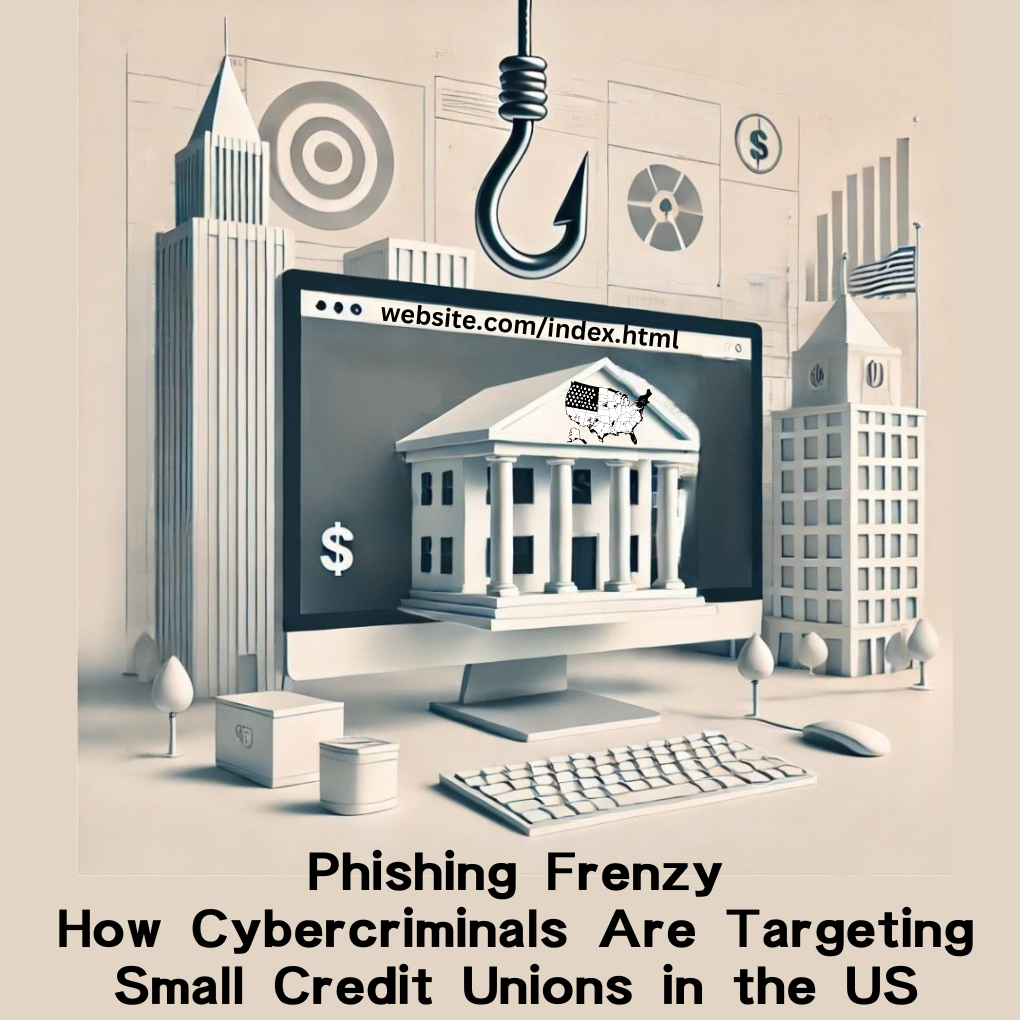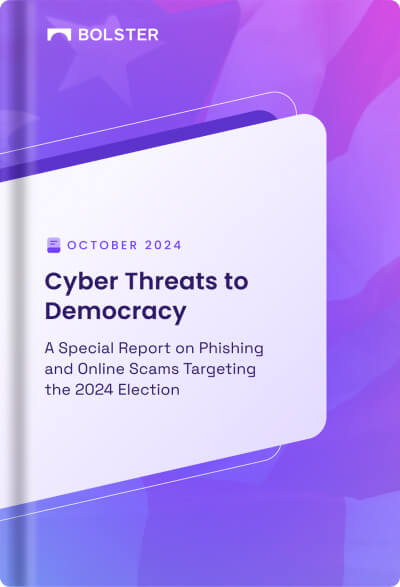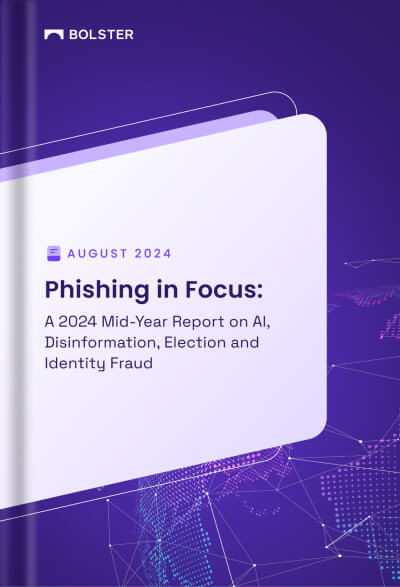Fear of Missing Out in the cryptocurrency world can lead to uninformed investment decisions, making individuals susceptible to crypto scams. Scammers take advantage of FOMO by creating a sense of urgency, offering unrealistic returns, or promising insider information.
The surge in crypto scams poses a serious threat, causing financial harm to unsuspecting victims, whether through deceptive ICOs or fake pages for IDOs, Airdrops, and NFTs.
Cryptocurrency: Protecting Yourself from Crypto Scams
Crypto scams involve phishing emails or messages, where scammers send fake messages pretending to be from legitimate cryptocurrency platforms or exchanges. These messages often contain links to fake websites that look real, tricking users into entering their login details.
Read more about the FTX Crypto Scam
Once the scammers have these details, they can access the victim’s account and steal their cryptocurrency. As a result, it’s crucial one always be cautious of unsolicited messages, and verify the authenticity of websites before entering any sensitive information.
Understanding the $1 Billion Crypto Scam
The Federal Trade Commission (FTC) has revealed staggering figures: since 2021, crypto scam losses have soared past $1 billion. With over 46,000 reported cases, it’s evident that investment-related scams are a significant threat in the cryptocurrency market. (Staying informed and cautious helps safeguard your hard-earned money.)
Our recent research has uncovered the five most prevalent methods employed by government and business impersonators to deceive consumers into parting with their cryptocurrency.
These tactics include mimicking account security alerts to instill a sense of urgency, distributing false subscription renewal notifications, enticing individuals with fraudulent giveaways, discounts, or promised cryptocurrency, fabricating legal issues to coerce payments, and inventing non-existent package delivery problems.
Many crypto scams prey on the allure of investment profits, often masquerading as Initial Coin Offerings (ICOs). However, the landscape has evolved to include deceptive tactics using phishing webpages for IDOs, Airdrops, and NFTs.

Bolster AI’s Research on Crypto Phishing Scams
During Bitcoin’s recent record high at $73,835.5, our research found a troubling trend in crypto phishing scams, highlighting a darker side to the market’s success.
As the crypto market surged, so did the creativity of scammers. In this latest scheme, attackers are targeting individuals with specific invitation codes, using tactics like smishing (SMS phishing) and spoof emails. The content is tantalizingly out of reach for those without the code, leading to errors or endless buffering for unauthorized viewers.

In the image above, you can witness the malicious content transferring through the network in the target’s browser, yet mysteriously, the screen displays an infinite buffering loop. As we looked more closely at this peculiarity, we discovered an important function hidden in the phishing kit’s Document Object Model (DOM)…
Uncovering The Hidden Scam

This function acts as a gatekeeper, demanding an invitation code for access to the webpage’s content. Through external research efforts, we managed to find several codes made to trick crypto investors.
After obtaining these codes, our team carefully checked them against many malicious domains. What we uncovered was alarming: a sophisticated and precisely engineered phishing attack, specifically targeting users of a popular crypto service.
This reveals how scammers are becoming more sophisticated, highlighting the need for caution and carefulness when dealing with crypto investments.

Upon deeper analysis of the scam page, the investigation uncovered the intricate workings of this phishing kit. Its functionalities were discovered. Clicking on ‘Connect Wallet’ triggered a secondary popup on the screen, prompting users to connect their crypto software wallets such as Metamask, Binance Chain Wallet, and TRON, among others.
Caution: Clicking on ‘Wallet Connect’ button could lead to potential financial harm. These prompts might be deceptive, so it’s crucial to stay alert. Protect your cryptocurrency by double-checking before connecting any wallets.
Stay safe and avoid falling victim to scams in the crypto world. It could result in all your crypto assets being taken under the guise of gas fees on the blockchain. This process is irreversible because of the blockchain’s complexity.

Exposing the Airdrop Phishing Scam
As the cryptocurrency market grows quickly, scammers are taking advantage by promoting fake Airdrops that promise easy money.
In fact, in our investigation, we found a fake Airdrop for a popular crypto asset. These fake Airdrops often trick users into providing personal information or sending cryptocurrency with the promise of receiving even more in return.
It’s essential for users to be cautious and verify the legitimacy of any Airdrop before participating.

If you choose to connect your wallet, all your crypto assets could be swiftly drained to the dark side of the crypto world. In some dire cases, your wallet may be compromised permanently. This means that even if you attempt to add more crypto assets to the compromised wallet in the future, they will be immediately taken away.
Verifying Authenticity of Projects & Airdrops
So, what to do:
- Always verify the authenticity of a crypto project or airdrop before getting involved to protect yourself from scams.
- Research the project’s team, website, and community engagement.
- Look for smart contract audits and official communication channels.
- Check token details on reputable platforms and beware of unrealistic promises.
- Double-check website URLs for phishing attempts and trust your instincts.
- Avoid sharing private keys or sensitive information.
Again, the fear of missing out (FOMO) is leading to vulnerable decisions. By following these steps, you can reduce the risk of falling victim to crypto scams and make informed decisions.
References
https://www.ftc.gov/business-guidance/blog/2022/06/reported-crypto-scam-losses-2021-top-1-billion-says-ftc-data-spotlight
https://home.bolster.ai/demo
https://checkphish.bolster.ai/









